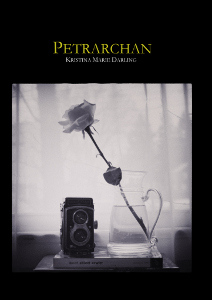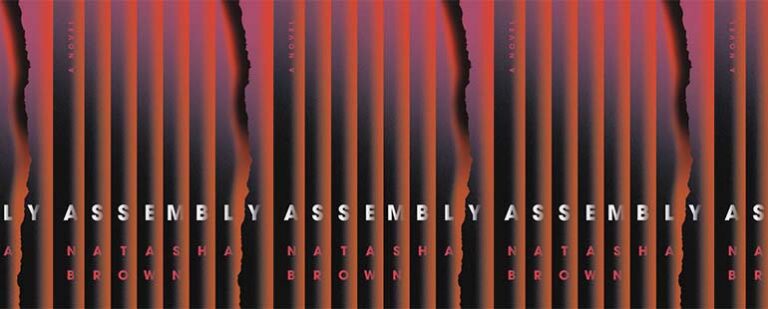Why I’d Rather Read Dystopias than Dysfunctional Family Dramas
Go into your local, independent bookstore (no, really), and you’ll easily be able to tell the difference between literary and science fiction — often it will be delineated for you, with sections of the store dedicated to each. Just as often, the difference will be found on the cover.
Yet despite the strawman of genre, a great deal of excellent fiction blurs the line between the two. Science fiction — like literature, like the novel — has had its formulas, but it transcends them. Sometimes the novels that win Nebulas or Hugos have dense plotting and little ornate description, yes, but couldn’t the same be said of much contemporary ‘literary’ fiction?
Arguments abound, from whether readers of science fiction really want the genre to be more literary to ‘well, I guess genre is OK, but only to enjoy as an apertif to my Ulysses,’ to Samuel R Delany’s assertion in Disch II that science fiction and literary fiction cannot be compared because they are two different sorts of writing. I won’t get too hooked on the precise delineation between speculative and science fiction here, because to be bogged down in the frontiers of subgenre is to waste time we could instead be using to discuss books.
However, I will throw out a brief definition of my own: speculative fiction encompasses science fiction, fantasy, and works that fall slightly outside of or between the two. I love speculative fiction. I know when something is speculative/science fiction because when I see it, I recognize a work that deals with the weirdest frontiers of human consciousness.
Why I’d Rather Read Speculative Fiction
1. Speculative fiction pushes reality’s limits by introducing readers not only to current possibilities but to near-future ones. Take the colonization of other planets or almost-too-insane-to-be-real space-age weapons like the rods from God.
Speculative fiction gives us thought experiments that explore the end result of decisions and societal influences in the modern world. It spins ideas out from our current global society and plays them out until their bitter end. (I’ll explore this idea more in my next post.)
2. Good fiction is good fiction: this is not just a tautology, it’s truth. As Ursula K Le Guin says in her review of China Mieville’s Embassytown: “Only the trash forms of science fiction are undemanding and predictable; the good stuff, like all good fiction, is not for lazy minds.” Why not have good fiction and identical twins communicating with alien races too?
3. The power of the human imagination: when authors create characters, worlds, and places, the most vivid and memorable ones are either very strange or make reality seem quite strange. Think about Lewis Carroll’s Through the Looking Glass, or how Proust makes memory so vivid as to be almost surreal. This effect is also achieved in literary fiction by writing about how the lens of mental illness can distort reality. But with science and speculative fiction, this ‘distortion of reality’ is reality. The protagonist can really squeeze through a rabbit-sized hole, her world can literally explode, she can eat madeleines on Mars.
4. The most harrowing aspects of human behavior can also be the most beautiful. Honest. The ever-expanding bounds of human cruelty, like roasting a baby over a spit or torturing another person, serve to highlight the pre-eminent importance of the smallest things: one act of compassion or forgiveness or a journey to destroy a single ring.
And finally, 5. Scenes in speculative and science fiction that depict harrowing images — for example, a baby roasting on a spit in Cormac McCarthy’s The Road, or a boot stomping on a human face in George Orwell’s 1984 — can tell us more about ourselves as human beings than can one of literary fiction’s most common kinds of story: a category I’ll call, without using specific examples, Dysfunctional Family Drama.
This is a subgenres of literary fiction that is often done well, by people who are better writers than myself, but is just as often the product of the mundane adage ‘write what you know’. Domestic scenes of slammed cutlery and snapped dishtowels can only teach us so much.
Speculative fiction delves down deep into the marrow of who we are as human beings, sucks it out, and spits it onto the page. We are so much more than boredom and disillusionment. Literature that stretches the bounds of the imagination is capital-L literature, whether or not it includes extraterrestrials or strange exoplanets; space capsules or the edge of the universe.
The only kind of drama is human drama. What matters is how deep you dig.


